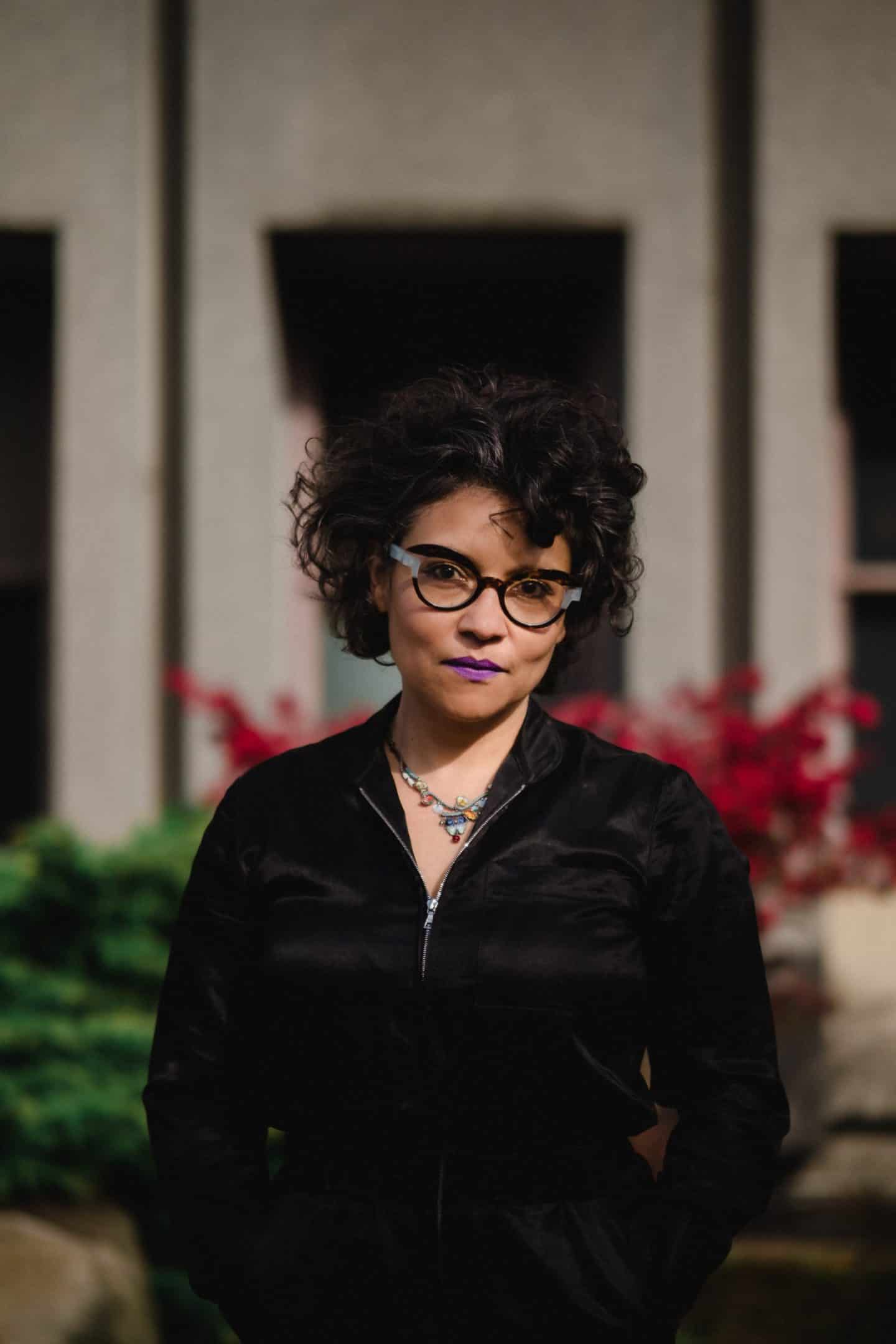I am thrilled to be appointed as the new Director of the Agnes Etherington Art Centre at this pivotal and transformational moment in the organization’s history, especially as we turn our attention to its future. I look forward to leading the next phase of Agnes’s development and to amplifying our position as a transdisciplinary research hub at Queen’s University: advancing our capacity to foster and relay intersectional connections across the disciplines and communities that converge when a public, university-affiliated art institution is both civically minded and pedagogically driven.
Our winter 2021 exhibition and public program speaks directly to this entanglement. From the convergence of scientists and artists that gave rise to Drift: Art and Dark Matter ↔ to the transversal research undertaken by our new Isabel Bader Fellows in Textile Conservation and Research ↔ to The Artistry of Medicine, in its orchestrated intersection of medical residents, surgeons and sculptures ↔ to our multi-modal wellness and digital interactive experiences and experiments, Agnes is a catalyst that brings artists, students, scholars, community groups and different disciplinary thinking together into new social, cultural and pedagogical effect with real and simultaneous consequence: on artists’ practices, on students’ professional and academic development, on transdisciplinary innovation and on community well-being.
We have been presented with the very rare opportunity to entirely rethink an arts facility— from the ground up—in order to define what the future of museological practice can be, from the unique point of view that our hybrid civic-pedagogical identity affords.
Perhaps what is most exciting is that we can’t presently imagine the outcome of what this facility is enabling. Taking our cue from the original stewards of this land, we must ask ourselves: where do we want to be seven generations from now? Following this, we must also ask: what needs to be done to ensure that the cultural institutions of Canada’s future no longer look like those of Canada’s colonial past? Indeed, there is so much work to be done to confront Canada’s legacy of colonialism. What better place to do this than the first capital of Canada?
I am proud to be hired at this unprecedented moment so full of reckoning—at a time so ripe not just for questioning the status quo, but for fundamentally changing it, ensuring that the practices we constitute, the research we conduct and the exhibitions we make value diverse perspectives while fostering forms of poly-vocality. The methodology I envision moving forward is contemporary in nature but takes on history in new ways, working within a continuum. The remarkable and visionary gift of Bader Philanthropies, Inc ensures that this kind of change can be built into the very fabric of Agnes’s new architecture.
I am looking forward to shaping Agnes into what will be a world-class facility, operating at the forefront of artistic practice and research innovation, while at the same time, returning the art centre back to its origins as a home—building on the notions of hospitality that Agnes Etherington herself imbued when she gifted her house to Queen’s in order to “to further the cause of art in the community.” The new Agnes is a portal where we will see in all directions at once: past, present and future.
While I have only been in my position for a very short while, I can’t help but make some connections that are guiding my vision of Agnes and the new facility. I find it astonishing to think of Agnes Etherington and Alfred Bader as two individuals with a deep kinship. I see this as underpinning Agnes itself as an institution. Both had a keen interest, and eye, for the communities of art, for “schools” in fact: Etherington in her own milieu as a host for the surrounding Kingston art community and Bader for his prescient perspective on Rembrandt’s milieu: collecting artists connected to the master’s own circle and painting a picture, by means of this collection, of the context in which this artist lived and worked. Both Agnes’s and Alfred’s work and interests intersect at the level of appreciation for all that surrounds the production and reception of art. It will be so incredible to see Agnes return to its hospitable origins in this way.
For now? We await your knock at the door.
Emelie Chhangur, Director and Curator
* Indigenization is a process of naturalizing Indigenous knowledge systems and making them evident to transform spaces, places, and hearts. Decolonization refers to the process of deconstructing colonial ideologies of the superiority and privilege of Western thought and approaches. Source

Portrait of Emelie Chhangur